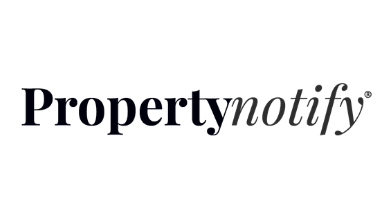Why can a mortgage be a better option?
As part of the Tatler SOS Experts’ Corner, we delve into the subject of owning a luxury property. Here, Islay Robinson from Enness Global Mortgages, gives the lowdown on a cash payment vs. a mortgage for a high-value property purchase.
When you’re sitting on cash and want to buy a high-value property, it’s easy to think that using that capital to buy the property outright is your best option. But take a moment to look at the broader advantages of a mortgage, and you’ll see that borrowing is often more beneficial to you in the long term.
The first thing to consider when weighing up your options is always the opportunity cost. When you use cash to buy a property outright (at home or abroad), you can’t then use that money for anything else. High-value properties can be great investments as they tend to appreciate over time, but other investments can provide more lucrative returns, faster. Anytime you use a significant chunk of capital to buy a property, you can’t use that money to make other investments. Ultimately, a mortgage offers freedom because it doesn’t put you in an ‘either, or’ scenario. Take out a mortgage, buy the property you want, and you’ll still have the capital available to make other investments if you want to.
Next, it’s worth considering the current low-interest rate climate. Borrowing has never been cheaper, and for anyone with a solid financial position, lenders will usually be happy to offer you the lowest rates: less than 1% or 2% can be a real possibility.
Mortgages also tend to be more fiscally advantageous than buying in cash, especially if you’re buying abroad. Let’s say you want to buy a holiday home in the south of France. France’s wealth tax is due against your assets held in France, i.e., the total price of your property if you’ve just purchased it in cash. If you have a mortgage on that property, wealth tax is only levied against your equity – that can be a significant saving over several years. Even at the most basic level, getting a mortgage will potentially save you thousands of pounds in bank fees and exchange rates, considering what it costs to exchange and send money internationally.
Finally, it’s essential to understand what mortgages aren’t. When you have this kind of liquidity, ‘mortgage’ doesn’t need to inspire visions of an inflexible, 25-year home loan. If you’re very liquid, your mortgage will be completely personalised and often, there’s nothing that can’t be negotiated. Depending on what you bring to the table, you will be able to choose from dry mortgages, the lowest interest rates (usually with assets under management), 5-, 10- or 15-year loans, a high loan-to-value deal, no early repayment penalties, a mortgage on an international property – whatever you want.
Mortgages are often seen as complex and challenging, which puts people off applying for them if they have readily available cash. Applying for home loans can be cumbersome in other parts of the market, but it absolutely isn’t the case if you have significant liquidity. You will have the choice of lenders, and if you work with a mortgage broker, you are likely to find the process easy, efficient and fast.




